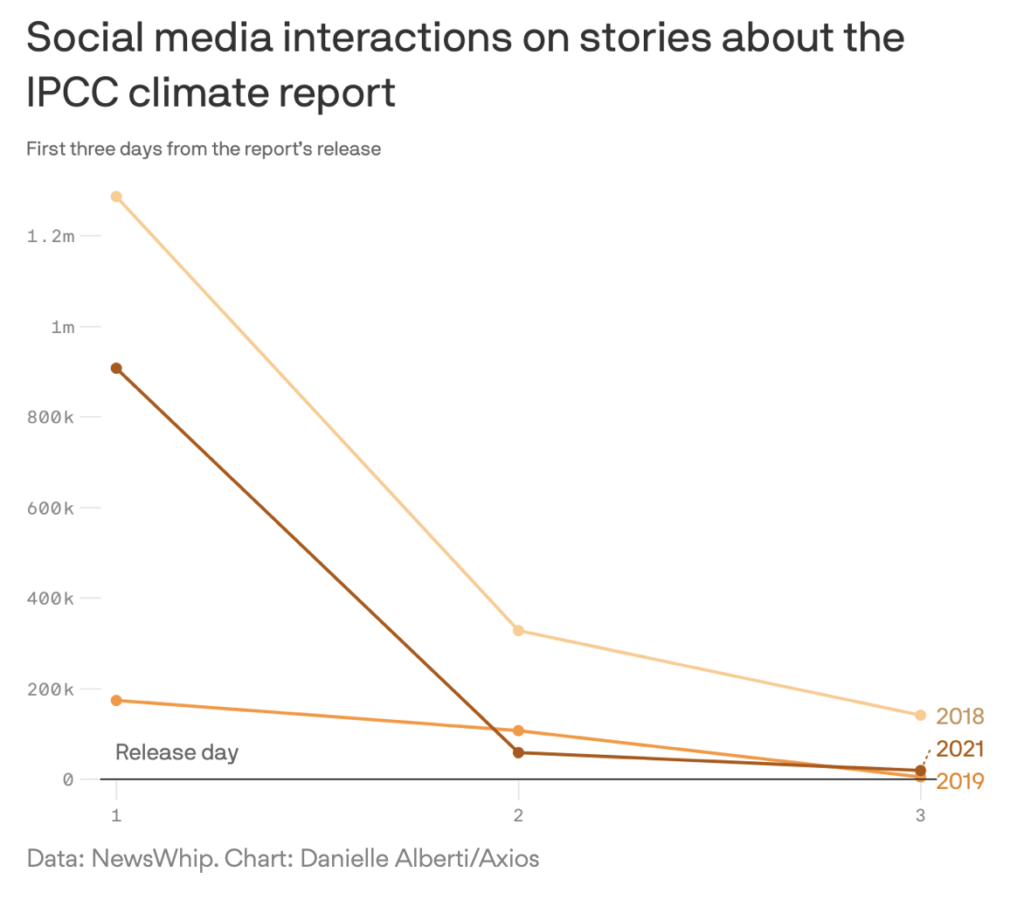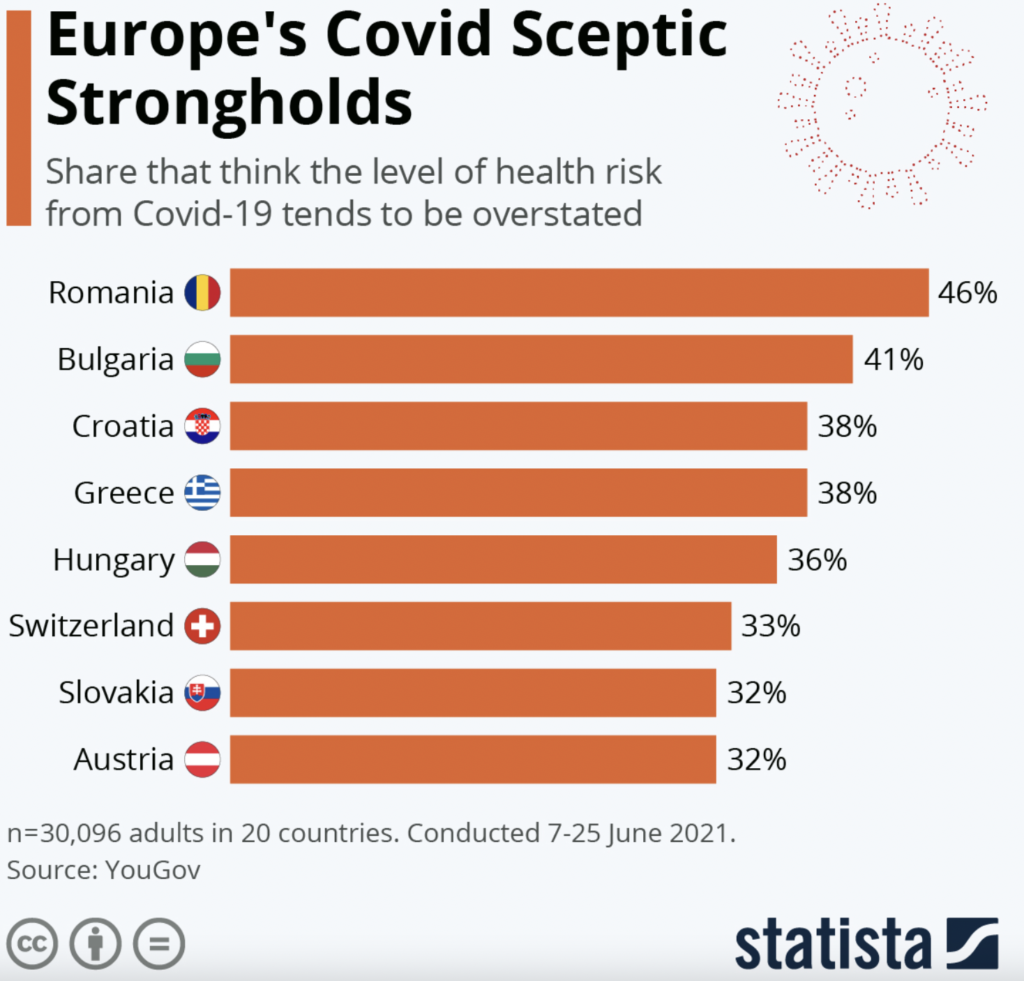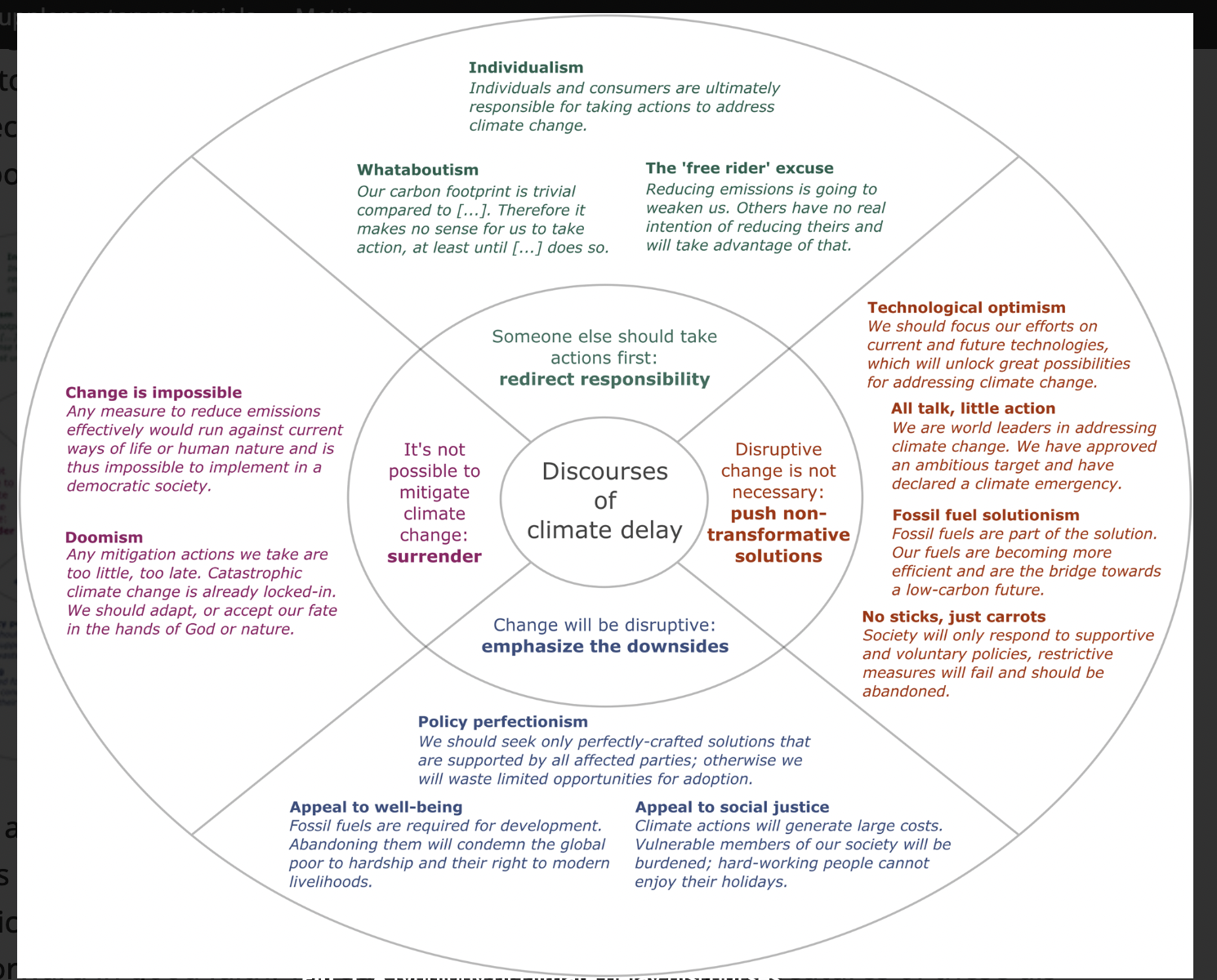CAPTCHA developments
Further to my post the other day about why CAPTCHA images are so depressing, Euan Williamson sent me a link to this witty spoof on the whole idea.

Link
Quote of the Day
”Show me a congenital eavesdropper with the instincts of a Peeping Tom and I will show you the makings of a dramatist.”
- Ken Tynan, theatre critic of the Observer in the 1950s and early 1960s.
Musical alternative to the morning’s radio news
J.S. Bach | Air on the G String (Suite No. 3, BWV 1068) | Voices of Music using original instruments
Link
I was feeling peaceful when I chose this. Hope you are too.
Long Read of the Day
The Future of EV Charging
Transcript of a terrific discussion by a group of experts about the infrastructure needed to support the UK government’s aspirations for adoption of electric vehicles.
Link
Apple’s image-scan plan
Yesterday’s Observer column:
Once upon a time, updates of computer operating systems were of interest only to geeks. No longer – at least in relation to Apple’s operating systems, iOS and Mac OS. You may recall how Version 14.5 of iOS, which required users to opt in to tracking, had the online advertising racketeers in a tizzy while their stout ally, Facebook, stood up for them. Now, the forthcoming version of iOS has libertarians, privacy campaigners and “thin-end-of-the-wedge” worriers in a spin.
It also has busy mainstream journalists struggling to find headline-friendly summaries of what Apple has in store for us. “Apple is prying into iPhones to find sexual predators, but privacy activists worry governments could weaponise the feature” was how the venerable Washington Post initially reported it. This was, to put it politely, a trifle misleading and the first three paragraphs below the headline were, as John Gruber brusquely pointed out, plain wrong.
To be fair to the Post though, we should acknowledge that there is no single-sentence formulation that accurately captures the scope of what Apple has in mind. The truth is that it’s complicated; worse still, it involves cryptography, a topic guaranteed to lead anyone to check for the nearest exit. And it concerns child sexual abuse images, which are (rightly) one of the most controversial topics in the online world…
Read on
Making Twitter useable again
When Twitter first appeared I thought it was wonderful. It enabled me to plug into the streams-of-consciousness of people I admired or valued. But over the years my feed has become cluttered and polluted by ads, nonsense and hysteria — to the point where I almost never use it.
I realise that the ads are inevitable — after all, Twitter is a surveillance capitalist operation (though I would happily pay to have it ad-free). But most of the other crap comes from people innocently, maliciously or lazily retweeting stuff. So, as Alexis Madrigal pointed out ages ago, retweeting is a large part of the problem.
I mentioned this to Charles Arthur (Whom God Preserve) at lunch yesterday and he sent me a link to “How to turn off retweets for everyone” by Luca Hammer. Turns out there are various ways to do it. The complicated ones (at least for non-geeks) are via the API or a Javascript snippet. The easy way is via something I’d never spotted: mute retweets through your Twitter settings! You just add the phrase “RT @“ to your ‘Muted Words’.
Luca points out that this simple method doesn’t provide a comprehensive solution: there will be some ‘false positives’ that the tech solutions will catch. But as a first step I’m trying it. Stay tuned.
Social media attention spans

Source
Heidegger and technology
On Friday, in a discussion about Silicon Valley’s enthusiasm for the ‘Metaverse’, I attributed the adage that “Technology is the art of arranging the world so that you don’t have to experience it” to Martin Heidegger.
Kevin Cryan (Whom God Preserve) emailed to say that the adage “comes, I believe from somewhere in Homo faber. Ein Bericht, a 1957 novel by the Swiss novelist Max Frisch. Not possessing a copy, I looked up “Max Frisch Quotes”, and there it is at #7. But Frisch might have got it from Heidegger, I cavilled, so I looked up his essay, “The Question Concerning Technology” (which is where I thought I’d seen it) and the quotation isn’t there, though the sentiments of the essay correspond to the general idea. So, unless some more learned evidence comes to light, the credit should go to Frisch.
Which only goes to show that blogging is great for autodidacts with flaky memories!
Other, hopefully interesting, links
- Covid: We’re in for a long haul Link
- Hot air: Climate change targets are rising at a dangerous rate By Christopher Snowdon in The Critic Magazine. Link
This blog is also available as a daily newsletter. If you think this might suit you better why not sign up? One email a day, Monday through Friday, delivered to your inbox at 7am UK time. It’s free, and there’s a one-button unsubscribe if you conclude that your inbox is full enough already!










